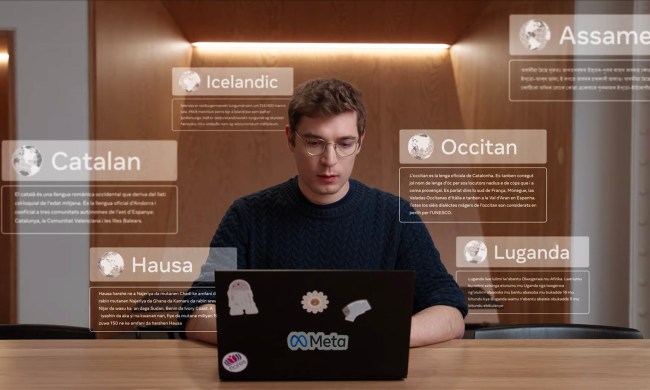World Mental Health Day is here, and it serves as an opportunity to have some important conversations about mental health. Facebook wants to facilitate those conversations with new filters and stickers aimed at inviting conversations and support.
According to Facebook, while social media can be a great place to share joyful moments, private messaging is really where most people would prefer to share about their emotional needs or other serious subjects. The company conducted a survey in the U.K., U.S., and Australia, and in that survey, 80% of respondents said they felt they could be honest while private messaging.

Because of that, the company is launching a new sticker pack for Messenger. The “Let’s Talk” sticker pack, according to Facebook, is aimed at allowing users to reach out to each other “when words are hard to find.” Some stickers are designed for those who need help to reach out to friends and family, while others are designed to give encouragement or support to those that might need it. There are 16 stickers in total.
Perhaps more important than the stickers themselves is the fact that every time one of the stickers is used, Facebook will donate $1 to a group of mental health organizations, up to $1 million. Those organizations include the likes of The Live Love Laugh Foundation, The Trevor Project, ReachOut Australia, and more. The feature was developed in partnership with the World Health Organization.
The company has also developed a camera filter for users, which is also aimed at inviting conversation and showing support.
“It takes less than a minute to show someone you care. Sharing your “Let’s Talk” selfie is an easy way to do that,” the company said in a statement. “To use the World Mental Health Day ‘Let’s Talk’ camera filter, open the camera in Facebook or Messenger and tap on the filter on the bottom of your screen. You can also download the sticker pack by clicking on the smiley face in the text box of any Messenger conversation.”
While the stickers and filters are a nice way to show someone that you care about them, if you’re really concerned about a friend or family member’s mental health, it’s important to express your concern and help them find resources that can help.
Updated on October 10, 2019: Added organizations Facebook is donating to.


